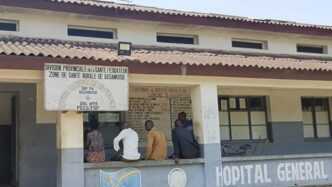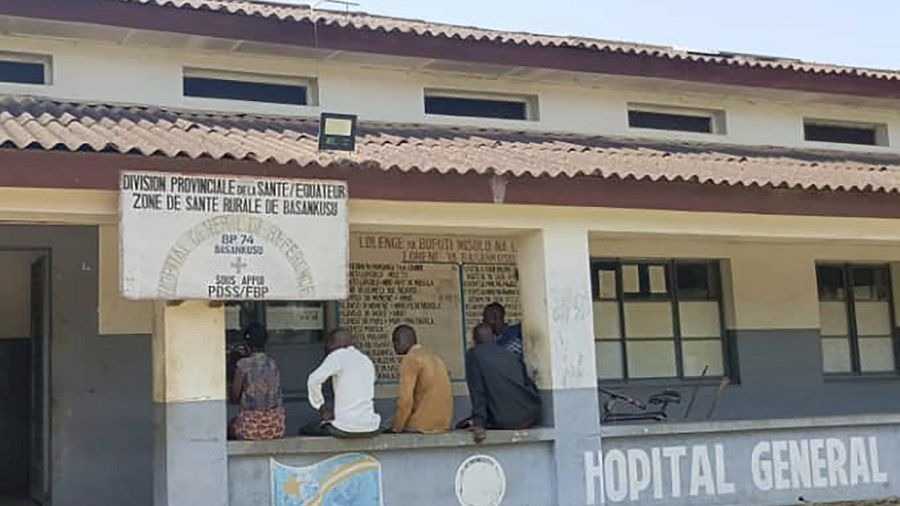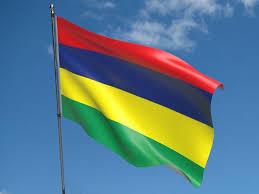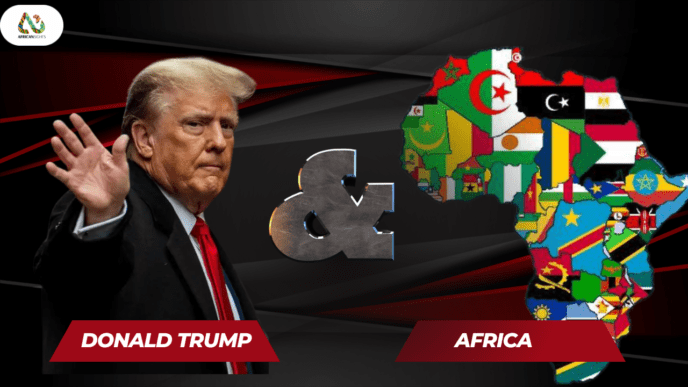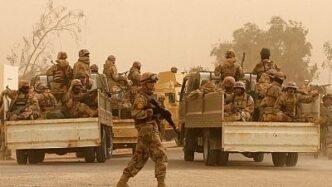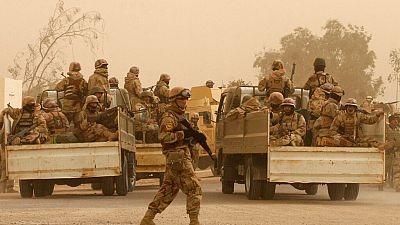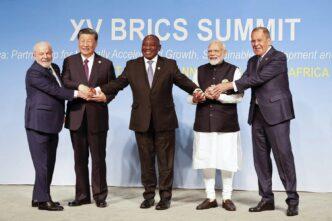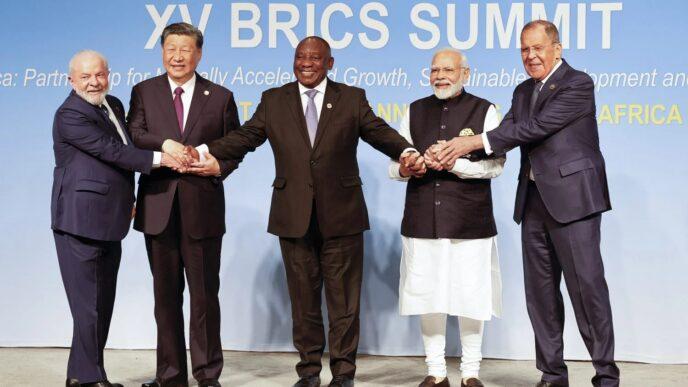A growing cholera outbreak is gripping parts of the Democratic Republic of the Congo (DRC), with health officials confirming over 1,450 cases and 27 deaths since January 2025—marking a sixfold rise from the same period last year. The worsening crisis is unfolding in the provinces of Tanganyika and North Kivu, regions already destabilized by ongoing armed conflict.
Violence involving local militias and M23 rebels has forced tens of thousands to flee their homes, overwhelming makeshift displacement camps with limited access to clean water, sanitation, and healthcare. These harsh conditions are proving fertile ground for the rapid spread of cholera—a highly contagious, waterborne disease.
Health authorities and humanitarian agencies like UNICEF are scrambling to contain the outbreak, deploying medical teams, sanitation supplies, and awareness campaigns. However, access to affected areas remains a major challenge due to insecurity and damaged infrastructure.
The World Health Organization has raised alarm over the growing risk of further disease outbreaks in the conflict zones, including malaria and tuberculosis, as healthcare systems teeter on the edge of collapse.
As the Democratic Republic of the Congo battles both violence and disease, the international community faces mounting pressure to provide more robust support. Without urgent and coordinated intervention, the convergence of conflict and cholera may claim more lives and deepen an already dire humanitarian emergency.
Read also: The 17th Headies Awards Returns to Lagos on April 27, 2025
